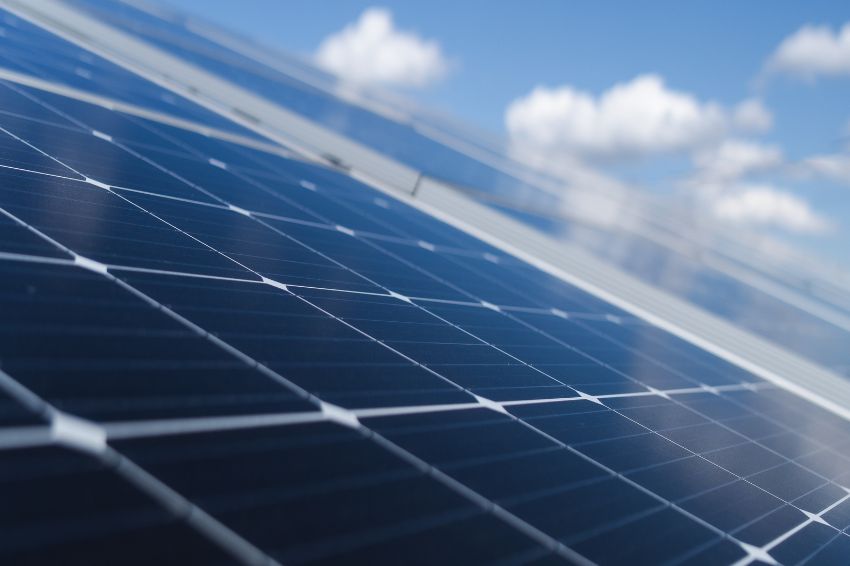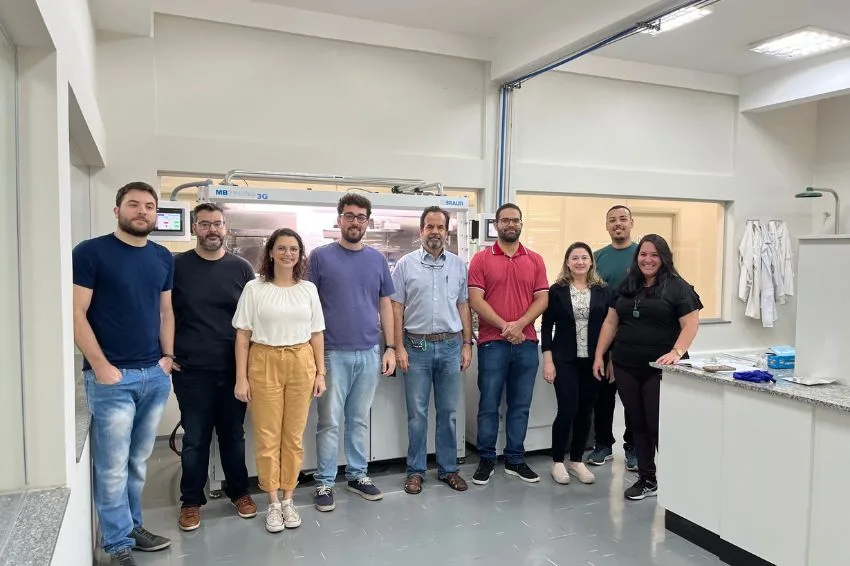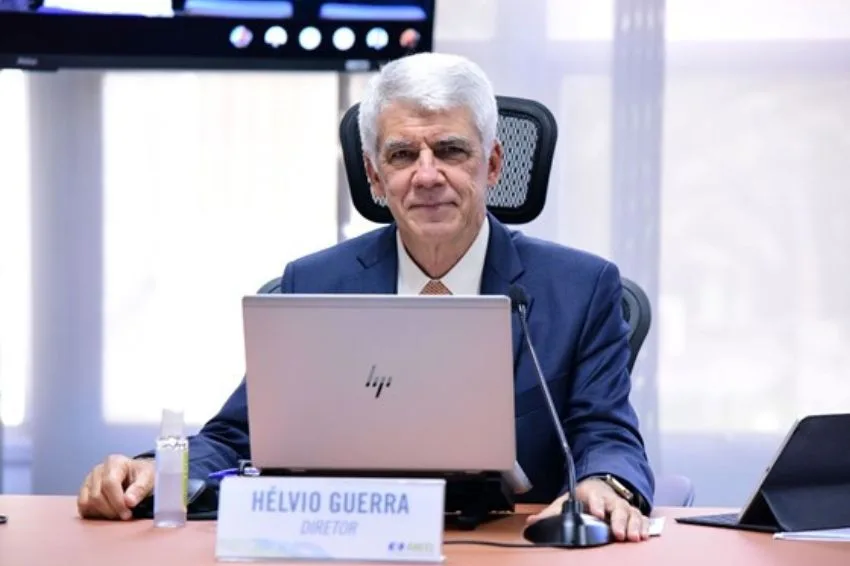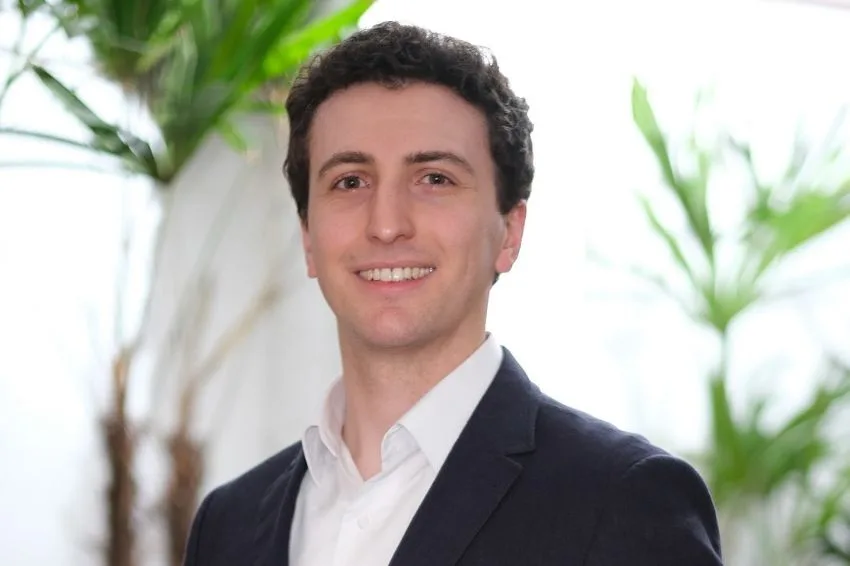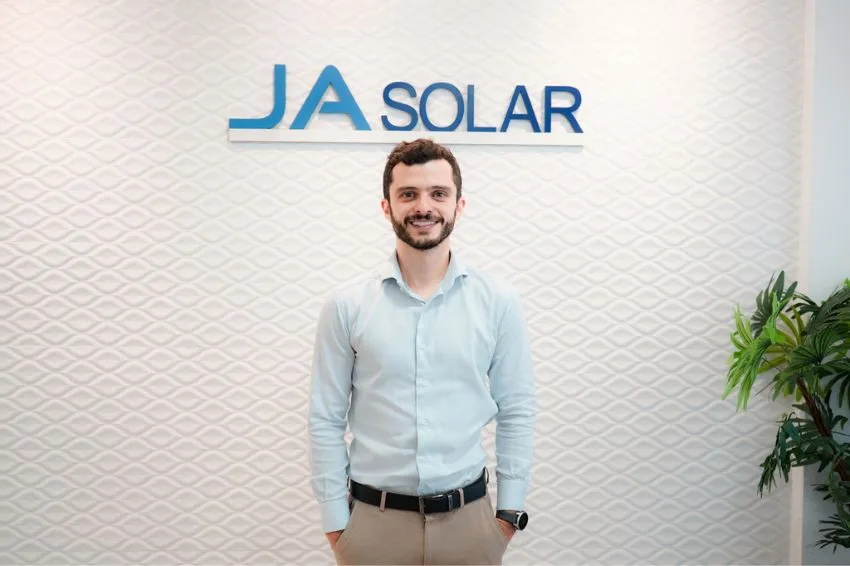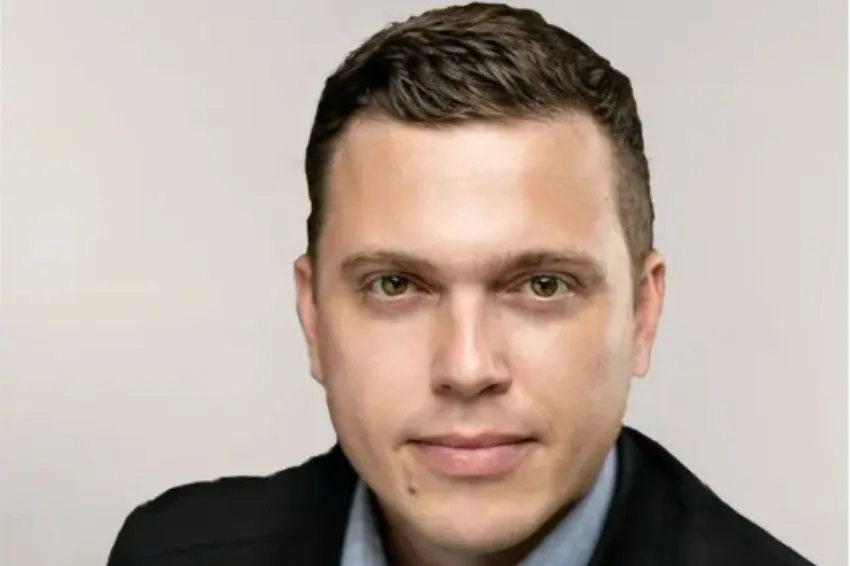O solar sector There was a time when all banks operating in the market granted credit in a very uncomplicated way. The process was simple, had little friction, was a convenient dynamic for everyone involved, consumers, integrators and distributors, however, it generated a lot of exposure for financial institutions.
The first point that we need to change to adapt to this new market is an understanding on the part of all players of the indispensability of solar financing for the growth of the segment. This is the analysis of Danniel Caixeta, director from the Credsolaris.
Regarding monitoring of solar plants, Rafael Gimenez, CEO and founder of Renassol It is consultant from the Credsolaris, highlighted the need for the integrator to understand their active role in the improvement process that the market is going through. “We need to give due responsibility so that good integrators are not impacted by bad ones, technically speaking.”
In an interview with Solar Channel, the segment executives spoke about the importance of credit and the need to to improve the quality of Law Suit, both on the part of integrators and distributors, as well as the need for increase The credibility of the photovoltaic sector before financial institutions.
Below are the main points they brought up.
How important is financing?
Solar financing is a priority and one of the biggest pain points for us to be able to resume the sales pace we had in previous years. Without credit, the solar market has access to fewer customers.
In a product that should be increasingly popular, reaching all classes, with credit viability, we can say: We have a real need for financing.
We need to make everyone in the solar chain aware of the importance of helping to shield the financing operations of these financial institutions, so that we do not go through the restrictions we recently went through again.
We are simply saying that if a credit operation is not viable for the financial institution, why keep it? Why not put energy and priorities into other lines of credit, and promote other sectors?
However, the solar market depends solely and exclusively on financial partners, without a financial partner, we have nowhere to deposit our energy, we do not sell another product, this is our business. With this in mind, we need everyone to support and be more interested in protecting the interests of the sector, which also includes financial institutions. If we take care of the process with quality, we will protect our business.
Credit promotion, coming from financing partners, makes more sales and hits targets. Therefore, we have a direct responsibility for getting the market back to what it was through photovoltaic financing. And to this end, we have defended the generation of monitored operational flows, which bring more security for everyone.
Dealing in the financing market, we hear the pain of both those who sell and those who finance, and this care benefits the partners we have within our base, on both sides. If we hear the classic conversation that “the process is boring, it’s more bureaucratic, I’ll do it with someone else, because I don’t need to do it with someone else…”
We have managed to change the mentality of the serious and selected professionals with whom we work to understand the value of these precautions, which precisely shield financial institutions and protect credit in the solar market, after all, without these precautions, we impact on higher default volumes, causing this product is no longer attractive to the financial institution, reducing the appetite for approval, tightening the criteria, making costs and fees more expensive.
An attitude that does not care about the outcome of default, whether for credit or technical reasons, will lead to a shrinking of the sector, excluding audiences and even regions; with fewer contracts generated and low credibility, this financial solution could come to a standstill. A fledgling business has no value.

What to do in this scenario?
Within our studies, we found that approximately 60% of market defaults are due to technical problems, non-financial problems, problems due to late delivery of material, lack of installation or installation failures and lack of after-sales. These reasons are the full responsibility of the partners within the chain: integrators and distributors.
Understanding your responsibility, we bring a proactive attitude, that is, we guarantee follow-up and solutions. Ensure that the contracted service is actually delivered, that the project is well designed, and that the client is satisfied.
Unfortunately, this stance is not adopted by everyone in our market, and therefore there is a need for financial institutions to have greater control over this process, the famous “raise the ruler”.
We need to bring awareness to this truth to the market as a whole, to all partners within the chain, the importance of these processes. Processes such as, for example, monitoring all stages we have, from sales to energy generation.
The main point is that financial institutions finance photovoltaic projects, which is not a ready-made asset. We need to ensure that the project has been delivered.
The release of resources for the sale of a project that is still on paper is based on the premise that the distributor delivers quality material, within a fair deadline, and provides full after-sales support, if necessary; and that the integrator, in possession of the equipment, carries out the installation as planned in the project, takes care of the process until energy generation, after all this is the purpose of our business, and if there is any after-sales problem, the customer needs to be served.
When the process is failing, a third way is needed, someone who takes on this role of monitoring and control. What is this control for? To qualify the types of partners. What we defend is that the righteous do not need to pay for sinners, but to do so, we have the challenge of separating the righteous from sinners.
How do we manage to do this? Through monitoring, close interaction, guidance from professionals at the cutting edge, “win-win” partnerships, which when well received, bring benefits to everyone involved.
With a rich database, we generate information that demonstrates how a specific partner does not have problems, whether with installation or after-sales, that a possible default in that partner's portfolio is not due to technical problems. We were able to prove it through follow-ups, photos, system monitoring, continued management contact, in short, a lasting relationship, not just financed and ended.
If, at times, integrators find the processes invasive, we advise how they are necessary to generate security and credibility so that they are not mixed into the mix of unqualified integrators.
Today, within the solar energy market, we have several integrators, some more prepared than others, and all are analyzed in the same way when carrying out credit analysis. Our purpose is to make a difference. When we are able to demonstrate the history of a good professional, he will not be harmed by a bad competitor, he will continue to have access to credit, with good conditions, and making him stand out even more before partners (distributors and financial institutions) and even more towards the end consumer.
In the case of distributors, we also assign them the responsibility of supporting the construction of a more qualified market, not only in basic items, such as monitoring whether the financed order was delivered, within what period, at the correct address, actually received by the buyer, but also in blocking integrators that do not perform what they promise, being available to provide information when requested by financial institutions, in cases of default. We are committed to building the best process with the best partners within the solar market.

It is necessary to increase the credibility of the sector
Within the scenario presented, we need to increase the credibility of the solar market before financial institutions. The sector was very worn out in the eyes of the financial market due to the strong impact of default, we need to reverse this image. And to make this reversal, we need the commitment of everyone who is part of the business chain.
Many times we will have to make an effort to validate new processes, present more content and professionalism, demonstrate our intentions with hard work, but the aim is just to resume the growth we had in the market through financing, as it is the only tool we have to significantly boost the recovery.
To achieve this, and summarizing everything we have talked about so far, as a fundamental pillar for us to be able to reverse this scenario, we will improve the quality of processes, both on the part of integrators and on the part of distributors, and if they understand that all these processes are necessary for good bigger, more access to credit, with better conditions and, consequently, doing more business than we are doing at the moment, we will soon have a new model for managing photovoltaic financing, strong and profitable for all of us.
What were the impacts that the sector faced in 2023?
We are currently going through a new moment in the photovoltaic solar energy market. We have complications that have caused the market to be reduced considerably at several points.
First, the new Law 14,300 ended up taking away some of the appetite that the segment saw in the product, largely due to the lack of knowledge and the legend that was created through the intention on the part of all players to anticipate the revenue, widely propagating this conversation that From 2023 onwards it would no longer be interesting to install the system, which is a mark that ended up being left on the end consumer. It is a brand that needs to be rebuilt and show the consumer that there is still a lot of viability in this investment.
Linked to the drop in requests from end consumers, we had an impact on access to credit, resulting from the high level of default in the credit portfolios of the banks that operated, as mentioned above.
Therefore, we can clearly see how large financial institutions have pulled back on the solar energy product in view of the many default issues. I consider this the biggest problem facing us this year in terms of business reduction, as financing is an essential product for the growth of the solar market.
And finally, the third problem, due to the drastic drop in sales due to the first two factors mentioned, we came across a segment where distributors were highly stocked, forcing a significant drop in the price of photovoltaic kits. We directly observed the impact on everyone's results, reduction in sales volume and average ticket, revenues fell, and we even had names leaving the market, all due to the pressure of inventory turnover.
And for the integrator, although apparently reducing the price of the equipment would be beneficial, it suffers from the fact that the price of its service is linked to the price of the equipment, and many financial institutions question the division of the value attributed to the project. In other words, to have the same revenue as last year, you need to sell a lot more, at a time when the market trend is to sell less.
Here is the challenge of how to price the integrator's service, given the 35% material? 50%? 60%? But that is a topic for another time.


